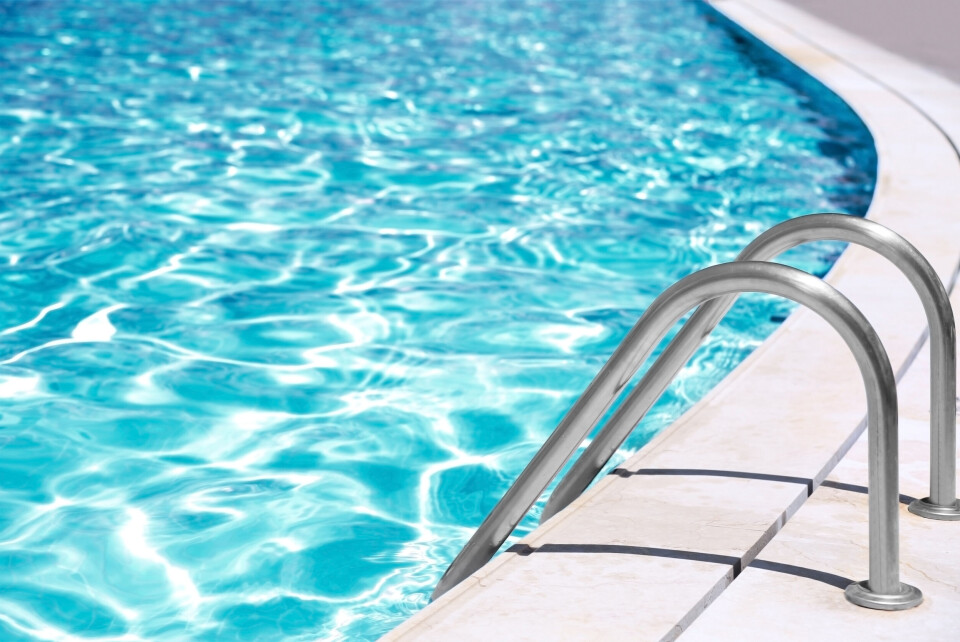-
Water-use restrictions lifted for some households in the Pyrénées-Orientales
Rainfall replenishes reservoirs but bans still remain in northern areas
-
Canal du Midi closed to boats until March due to low water levels
Extended drought in the south of France means boating only permitted under exceptional circumstances
-
Water restrictions extended in southern French department as drought continues
Pyrénées-Orientales remains in a state of drought as groundwater levels continue to fall
How do French authorities check people are not breaking drought rules?
Learn how authorities enforce water usage restrictions during drought conditions

Reader question: I know there are fines for filling your swimming pool during a drought but are they enforced? How do authorities check?
During drought conditions, certain activities like washing cars and watering gardens may be limited, or banned altogether.
The exact restrictions are brought in by local prefectures, linked to the drought level facing a commune, which can be at one of four levels.
At the lowest level people are just asked to be cautious about water usage, whereas at the highest level there will be bans on everything but essential water use.
Rules are set by the prefecture for the department but restriction levels can vary on a commune-by-commune basis so they might be more severe in your area than in the rest of the department.
You can find current drought levels for departments and communes here, using an official government site.
You can also use the search bar to type in your address and find the level in your area if you cannot see it easily on the map.
Reminder: Swimming pool restrictions
When it comes to swimming pools, the regulations are strict starting from the second drought rules tier, alerte.
From this stage, ‘filling up’ (remplir) an in-ground swimming pool or large above ground pools is prohibited.
Newly-constructed pools not yet filled can have water added to them for their first filling if construction started before any water restrictions came in.
Topping up (remise à niveau), is however allowed apart from at the highest (crise) level of alert.
At this level the filling of any basin larger than one cubic metre with water is banned.
Those found breaking swimming pool regulations could be slapped with a fifth-class fine – the highest level possible in France – that can reach up to €1,500.
Repeat offenders can be fined up to €3,000.
Read more: France drought rules: Do they stop me topping up my swimming pool?
How are rule breakers reported?
There are two main groups responsible for ensuring water restrictions of all kinds are not broken.
These are the Directions Départementales des Territoires (DDT) and the Office français de la biodiversité (OFB).
Previously, an organisation called Onema (Office national de l'eau et des milieux aquatiques) was responsible, but it was subsumed into the OFB during a recent reshuffle.
Each department has its own DDT office, which you can find a list of here.
The Connexion contacted a DDT office, which told us that officers from the two groups “carry out checks on compliance with water use restriction measures in the department when they exist.”
In countryside areas gardes champêtres (a kind of rural police officer) will also patrol areas looking for those breaking drought restrictions.
In media interviews given during last year’s droughts, garde champêtre officers said they were mainly concerned with informing residents about restriction levels and rules and aimed to be mostly “informative” but did have the power to hand out fines when necessary.
Local mairies or DDT/OFB offices are also sometimes informed of a rule break by a neighbour.
People can – and do – call up and tip them off about someone nearby who has broken the rules, by filling a pool or watering their garden, for example.
Related articles
How to keep your swimming pool open despite drought in France
Tax authorities discover 120,000 undeclared swimming pools in France
























